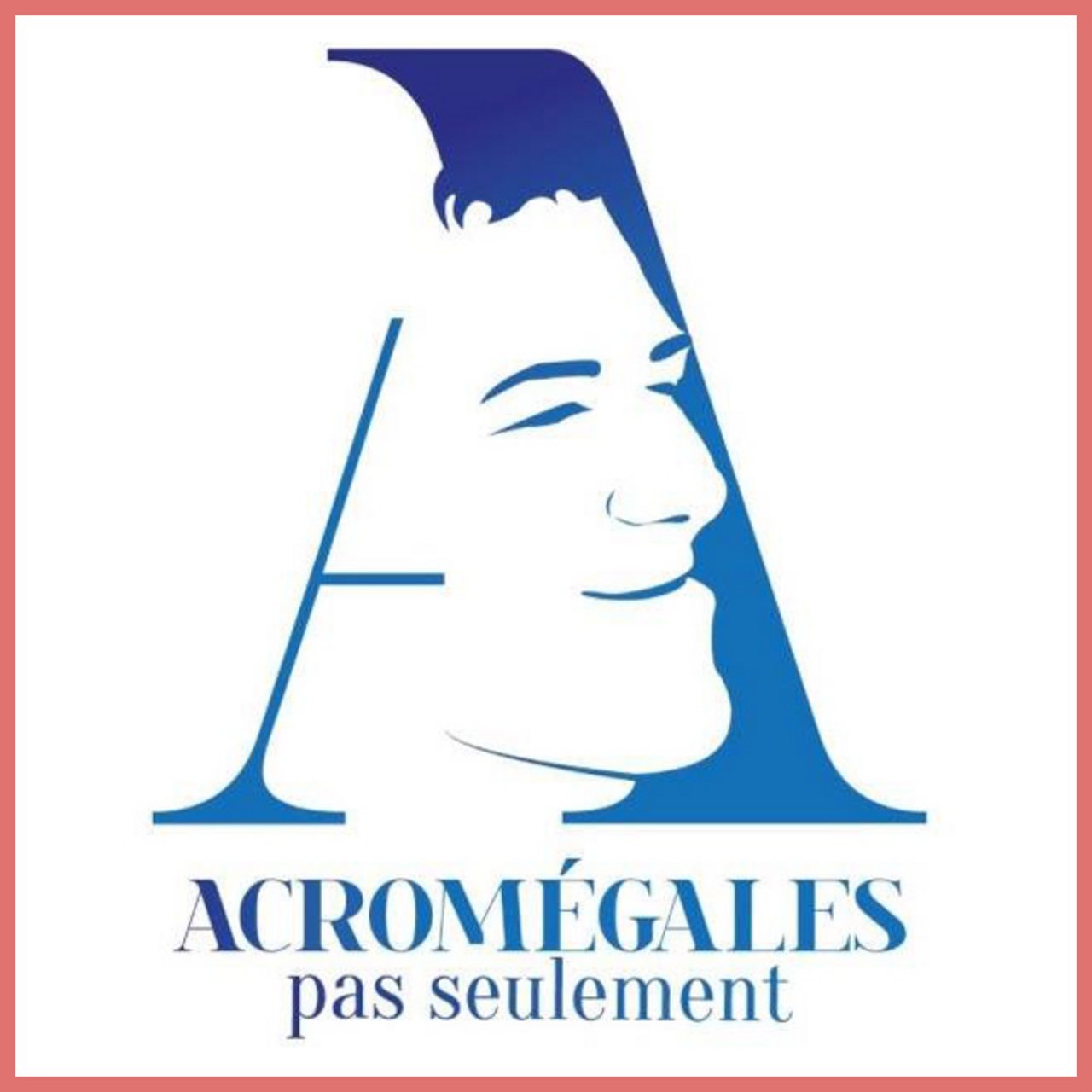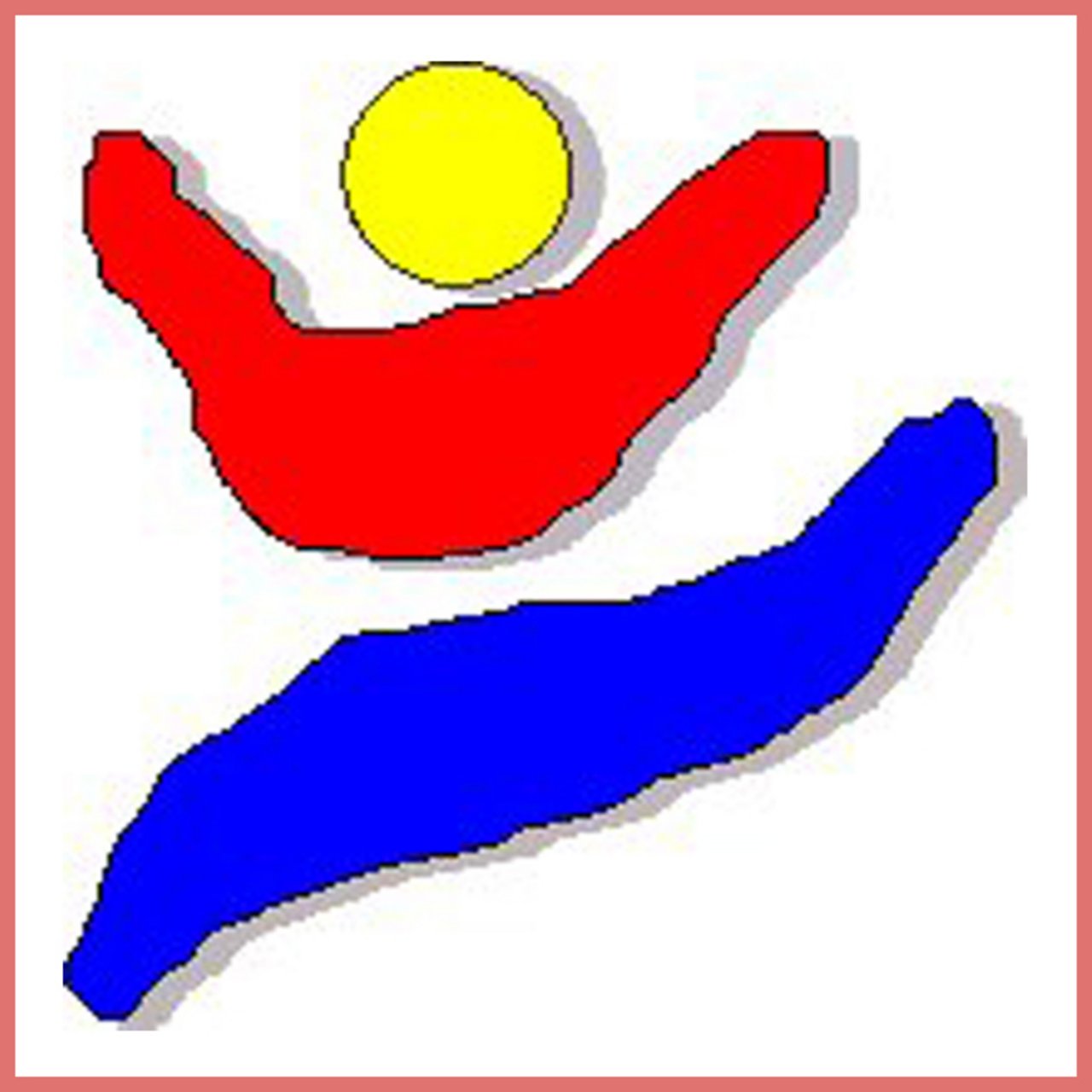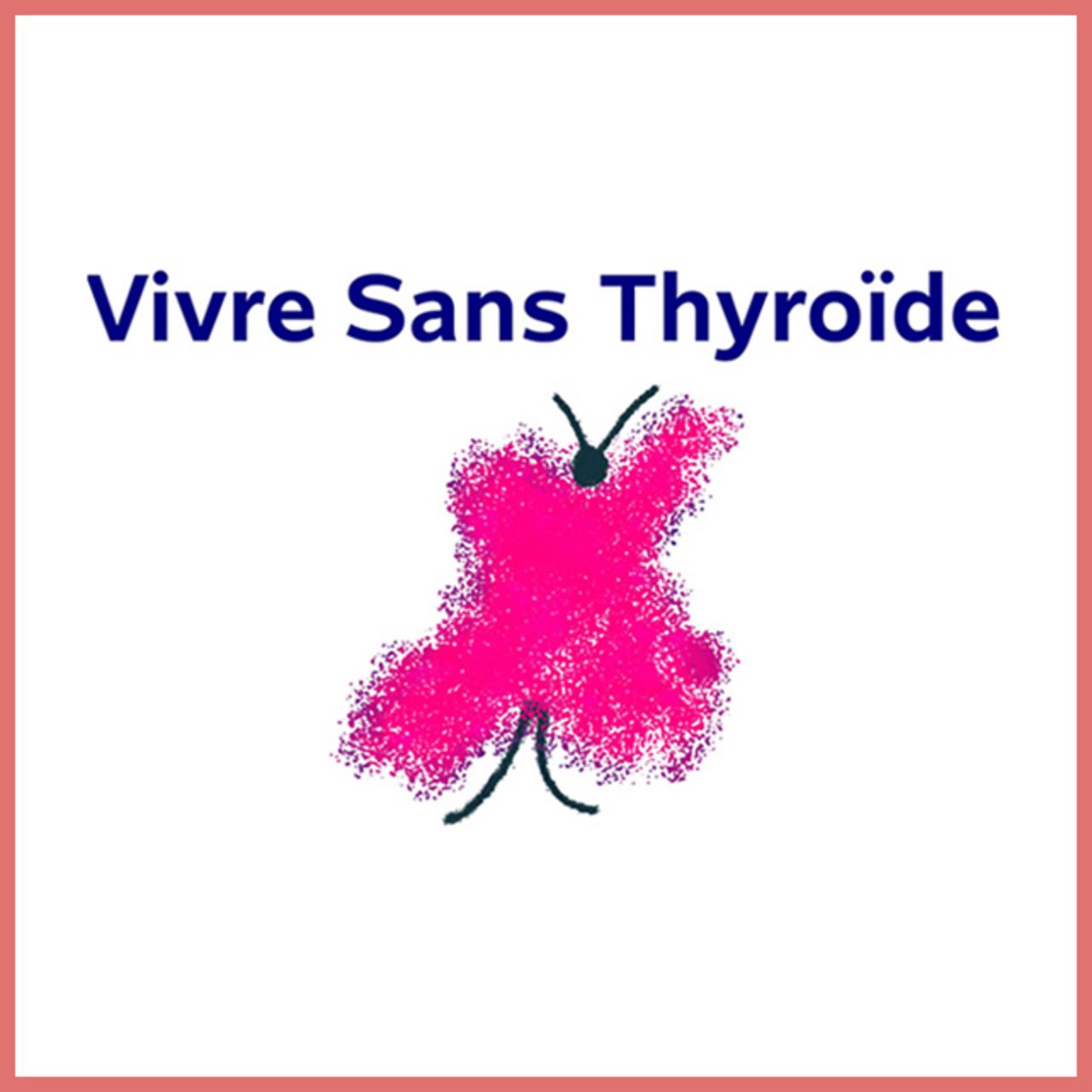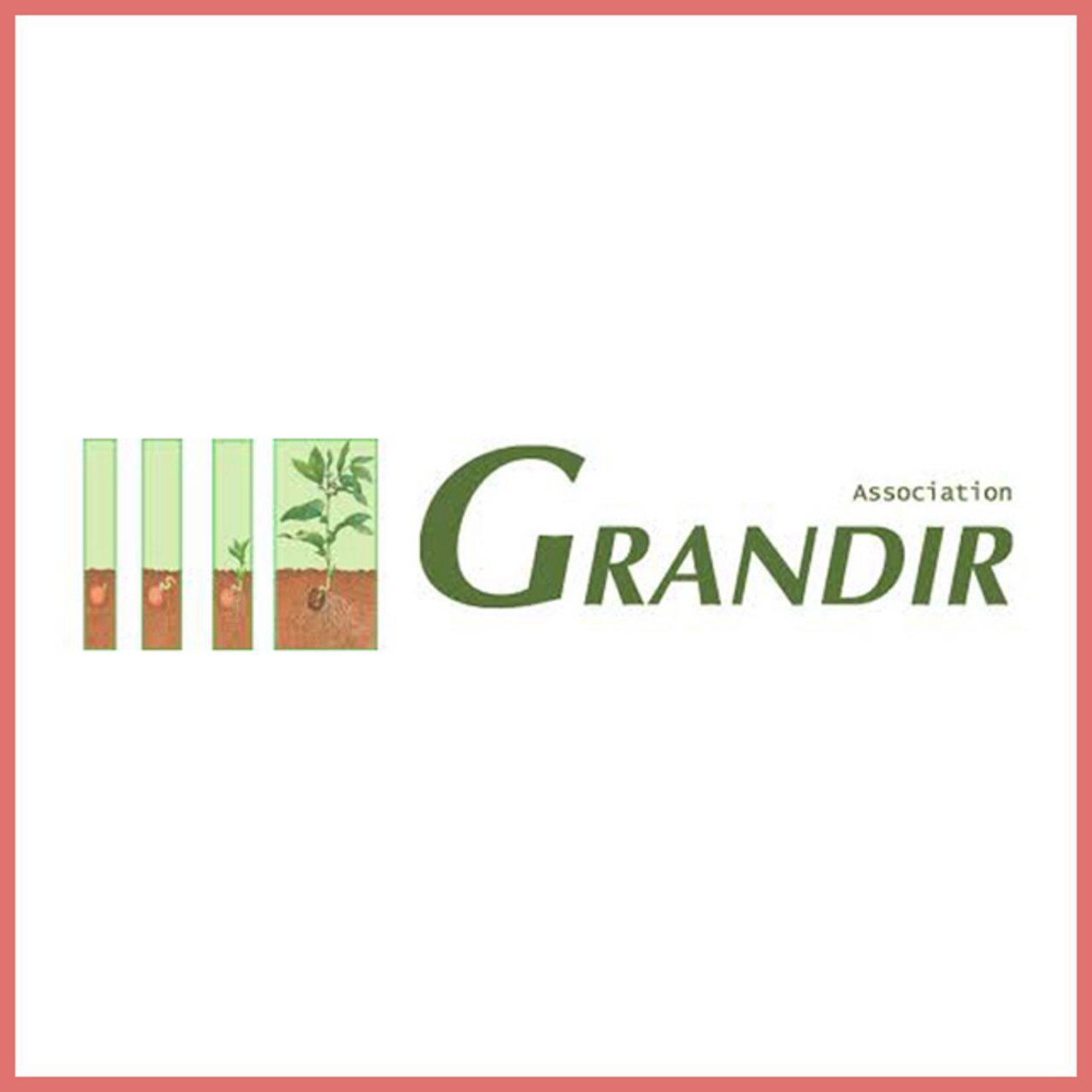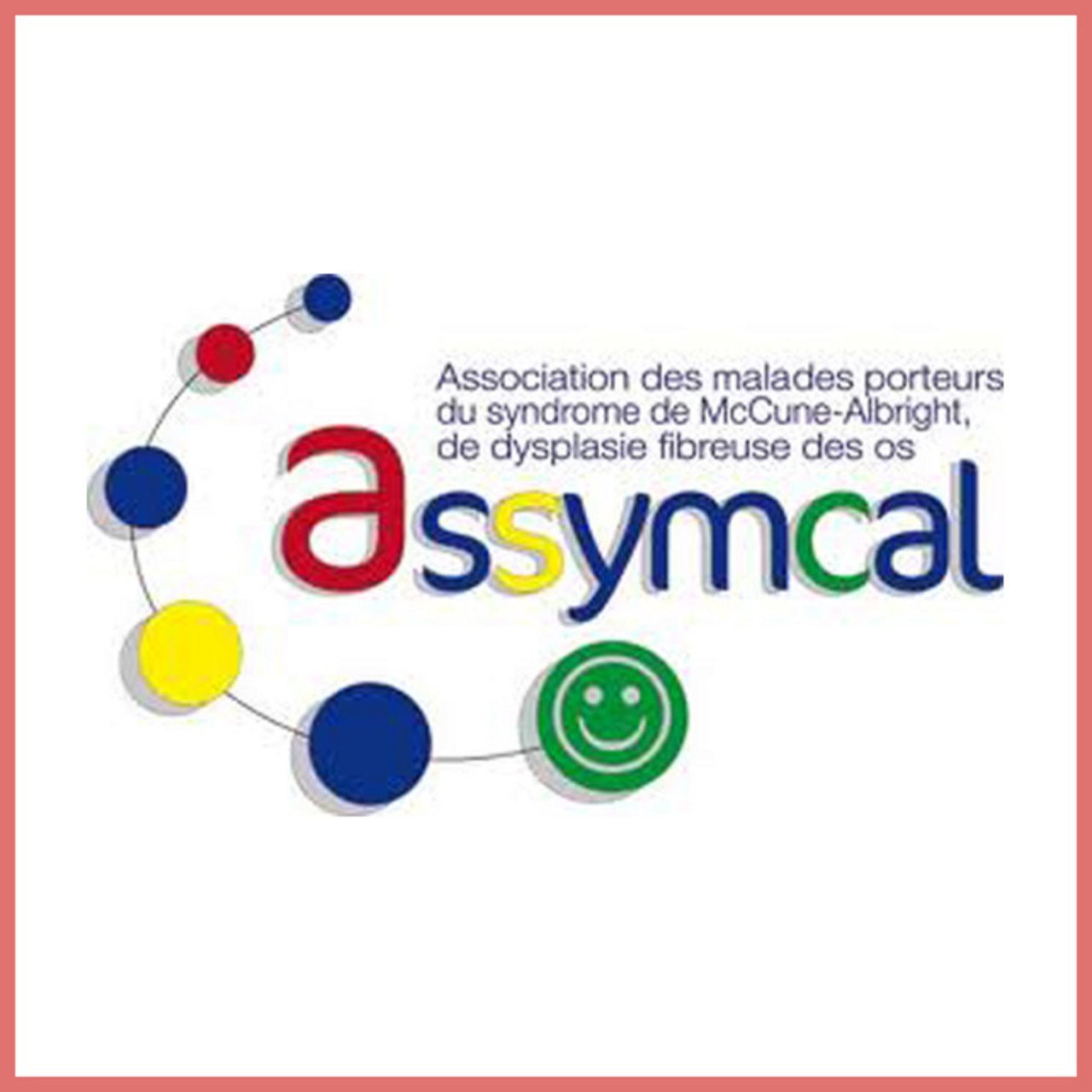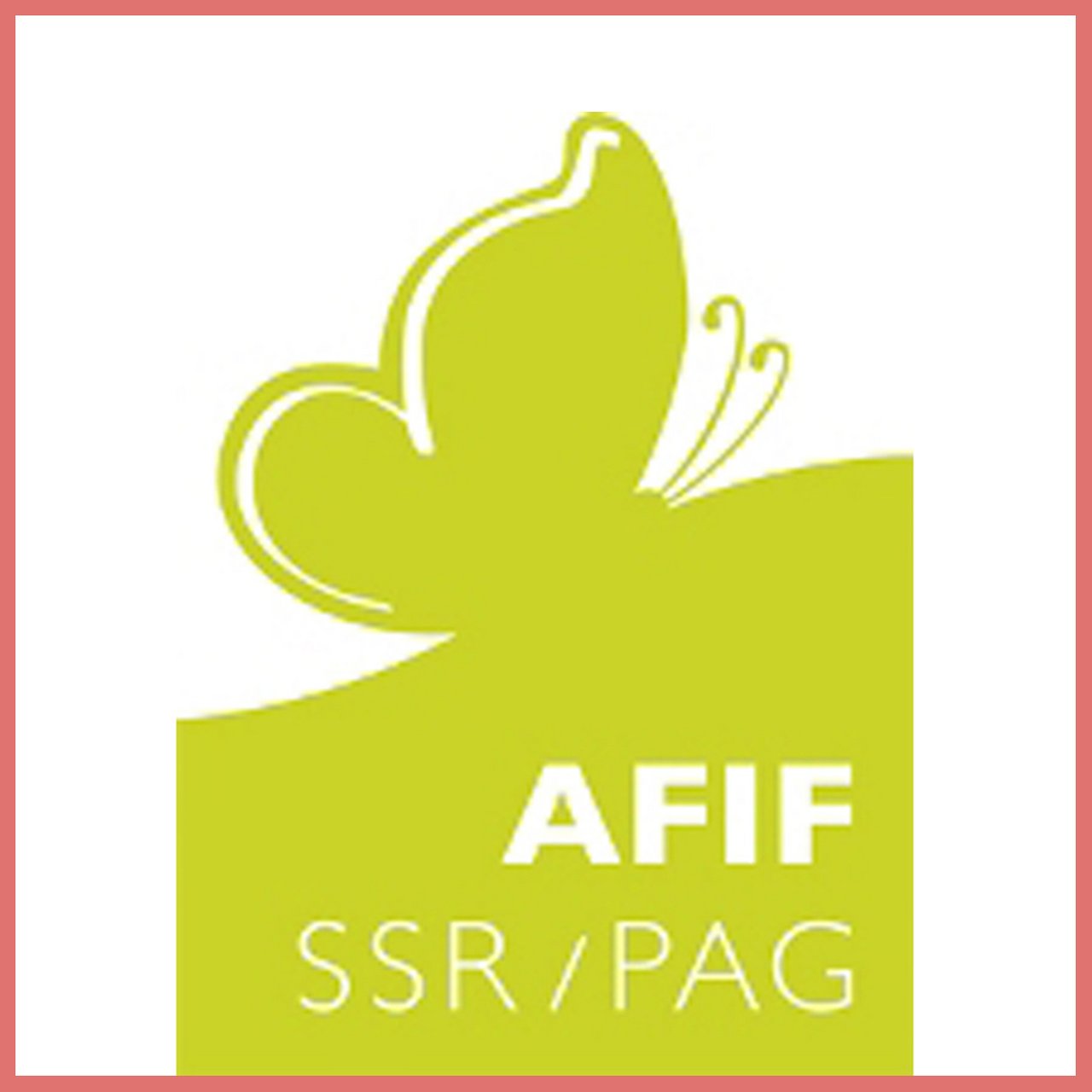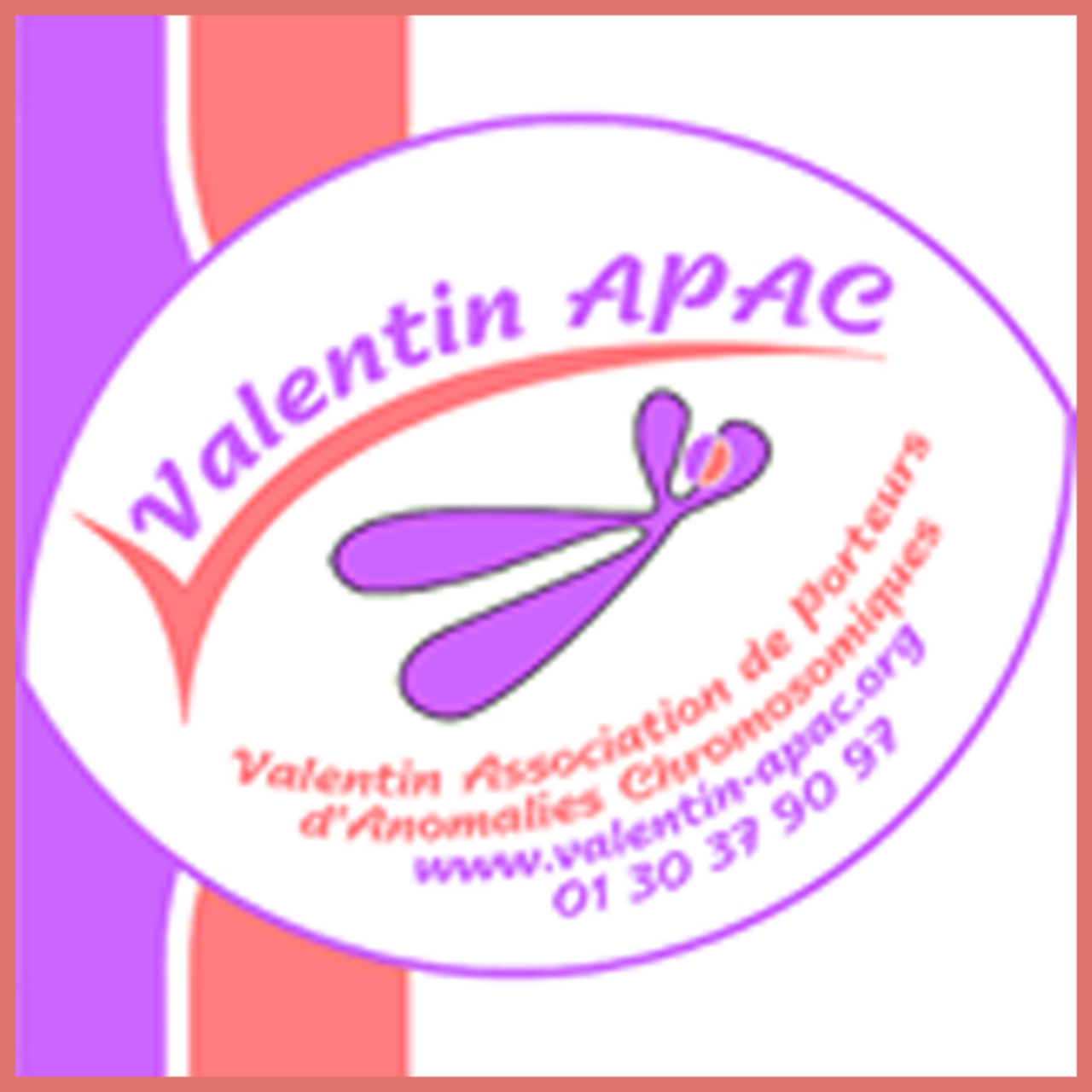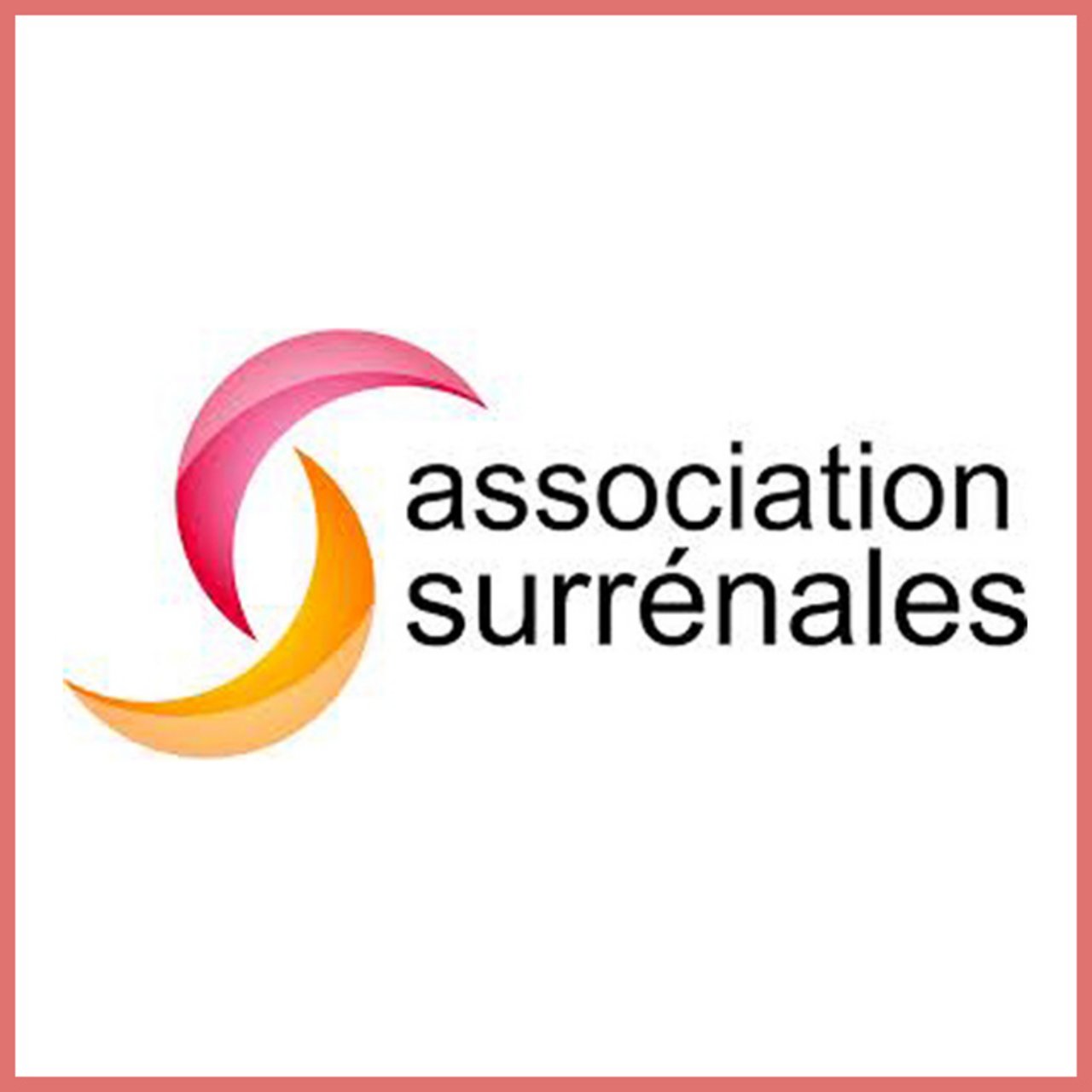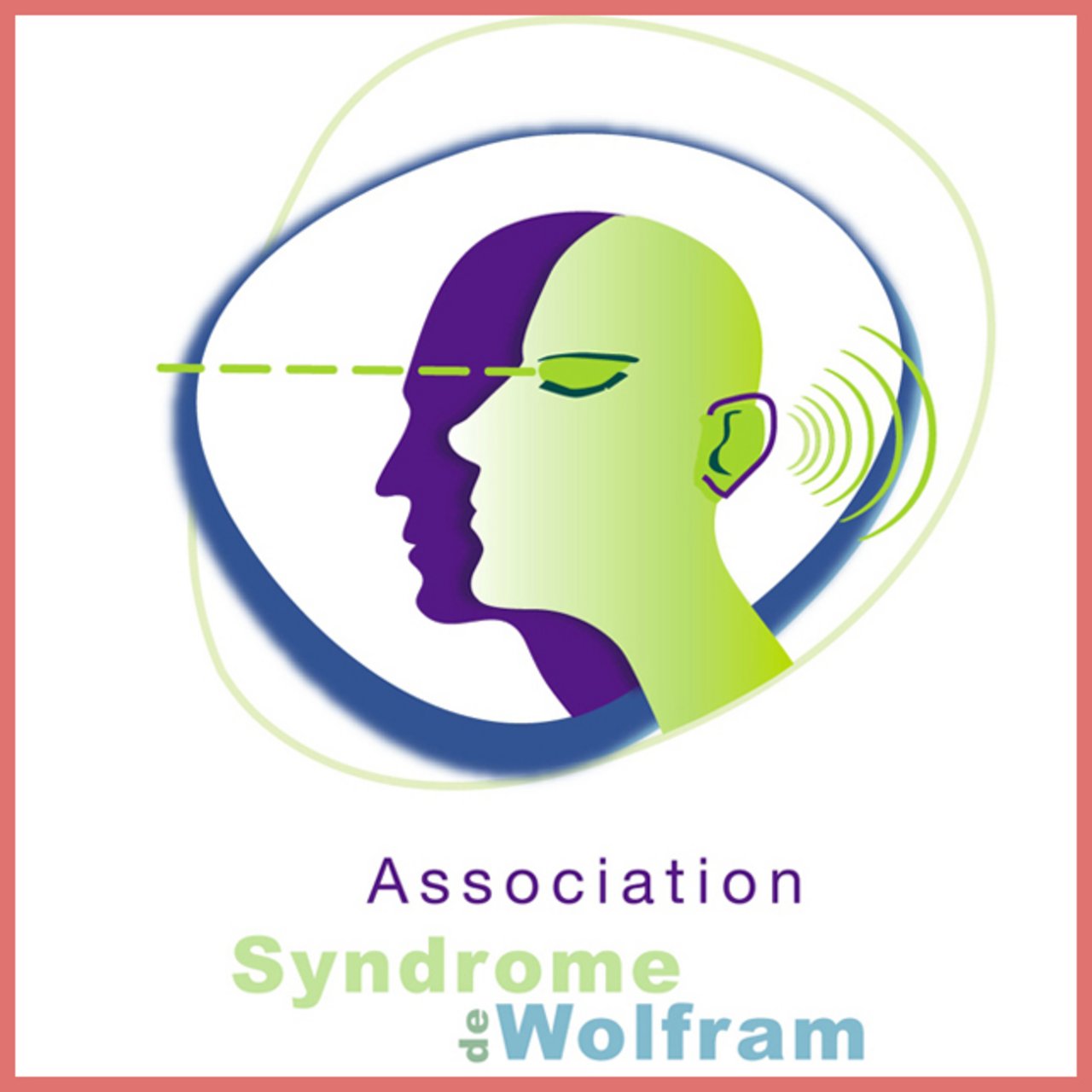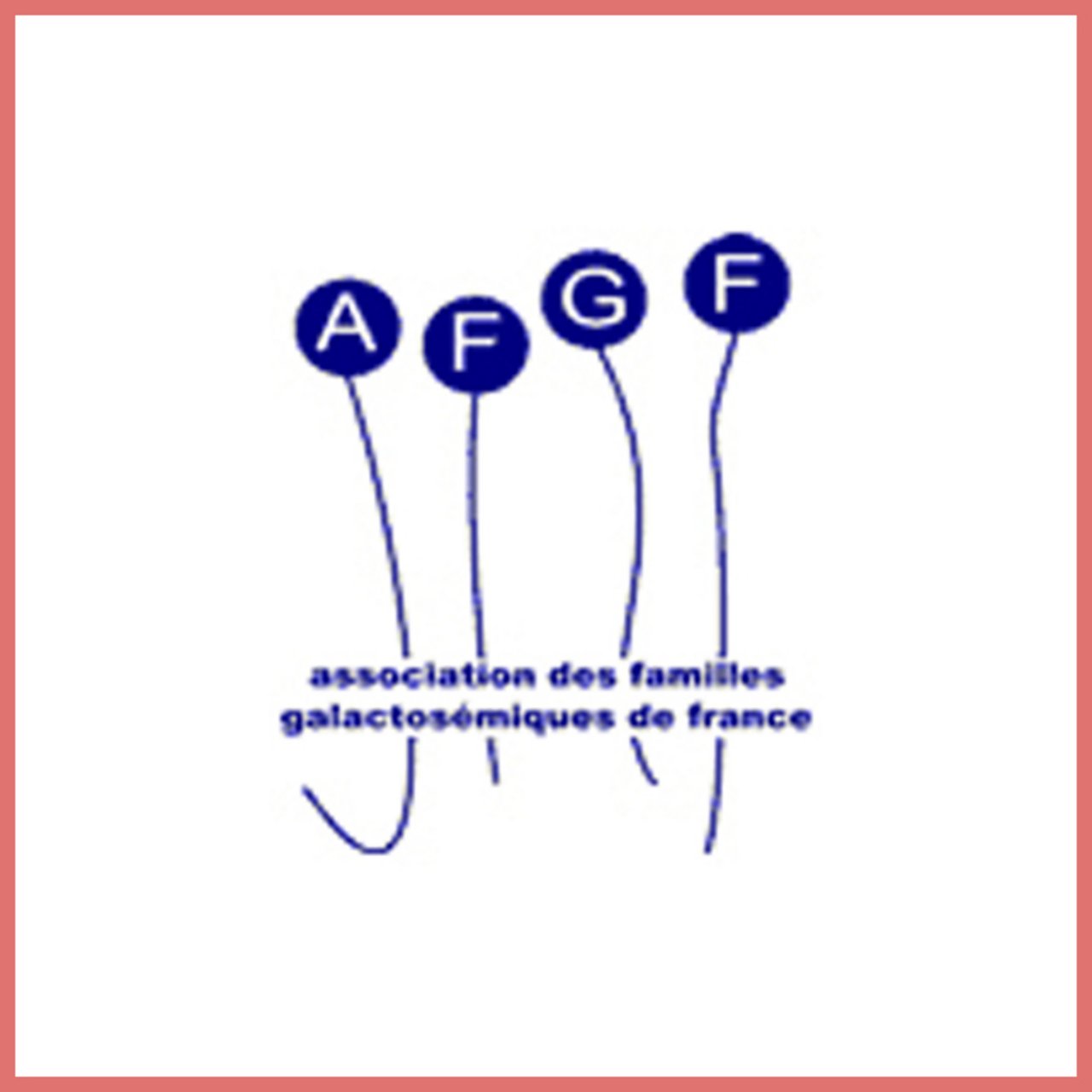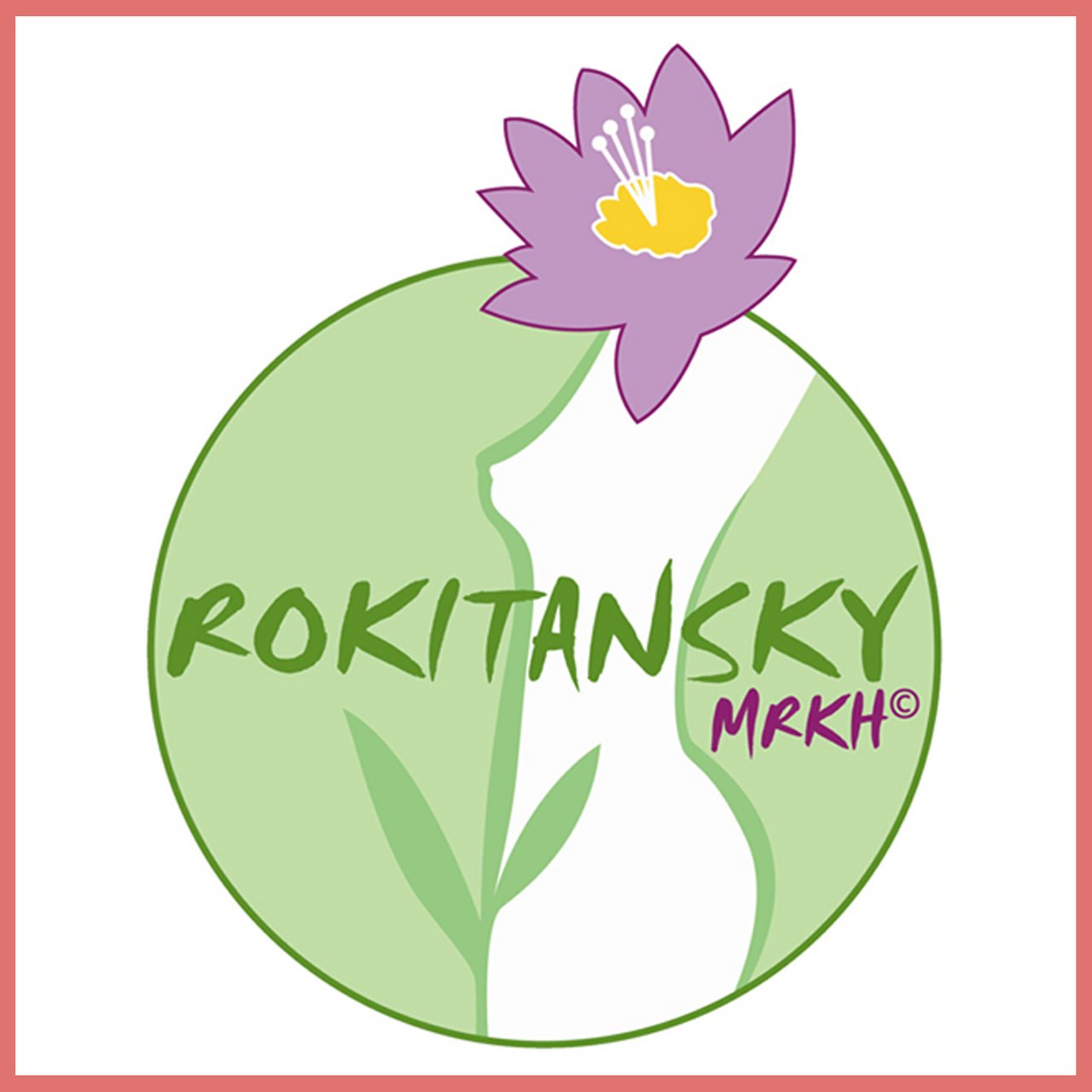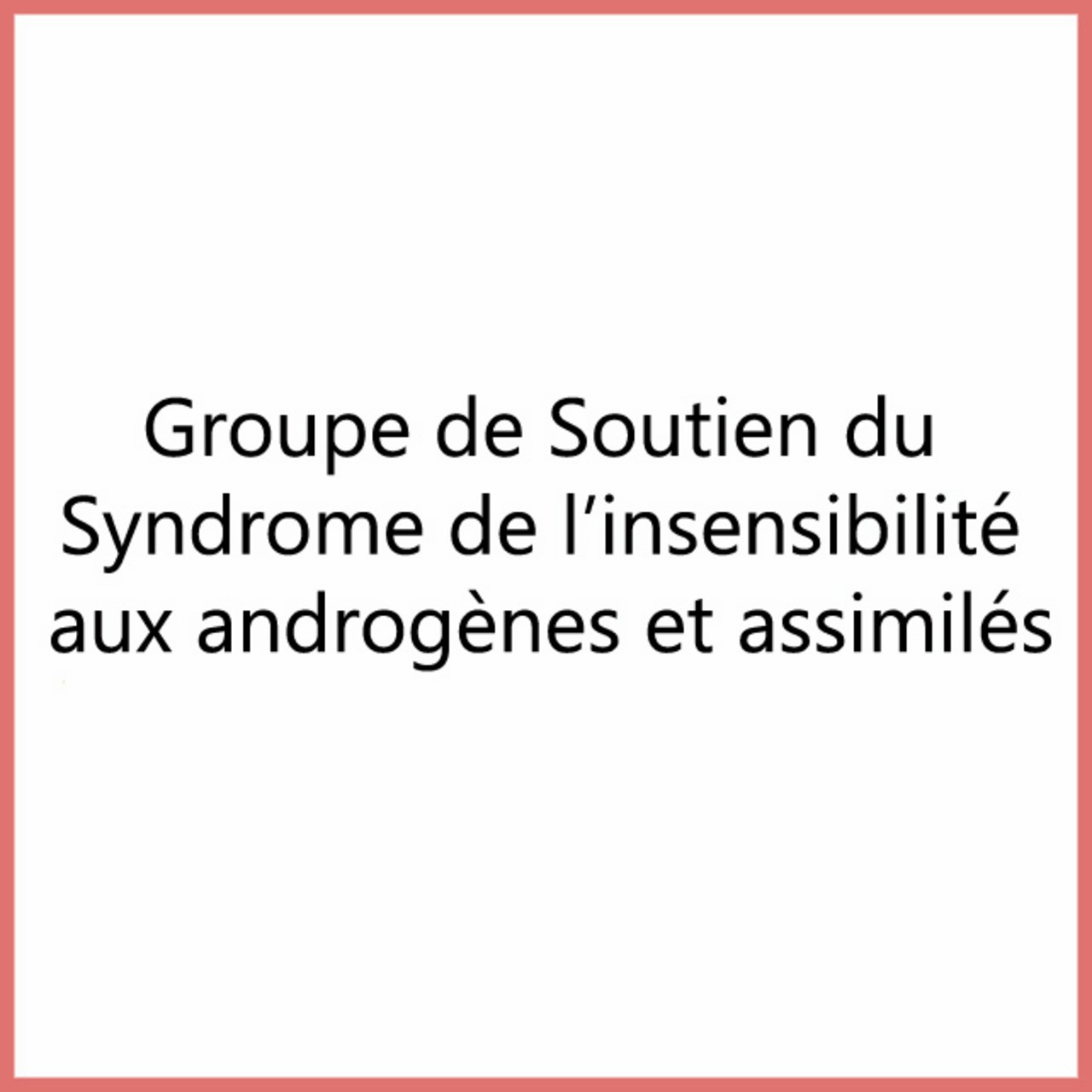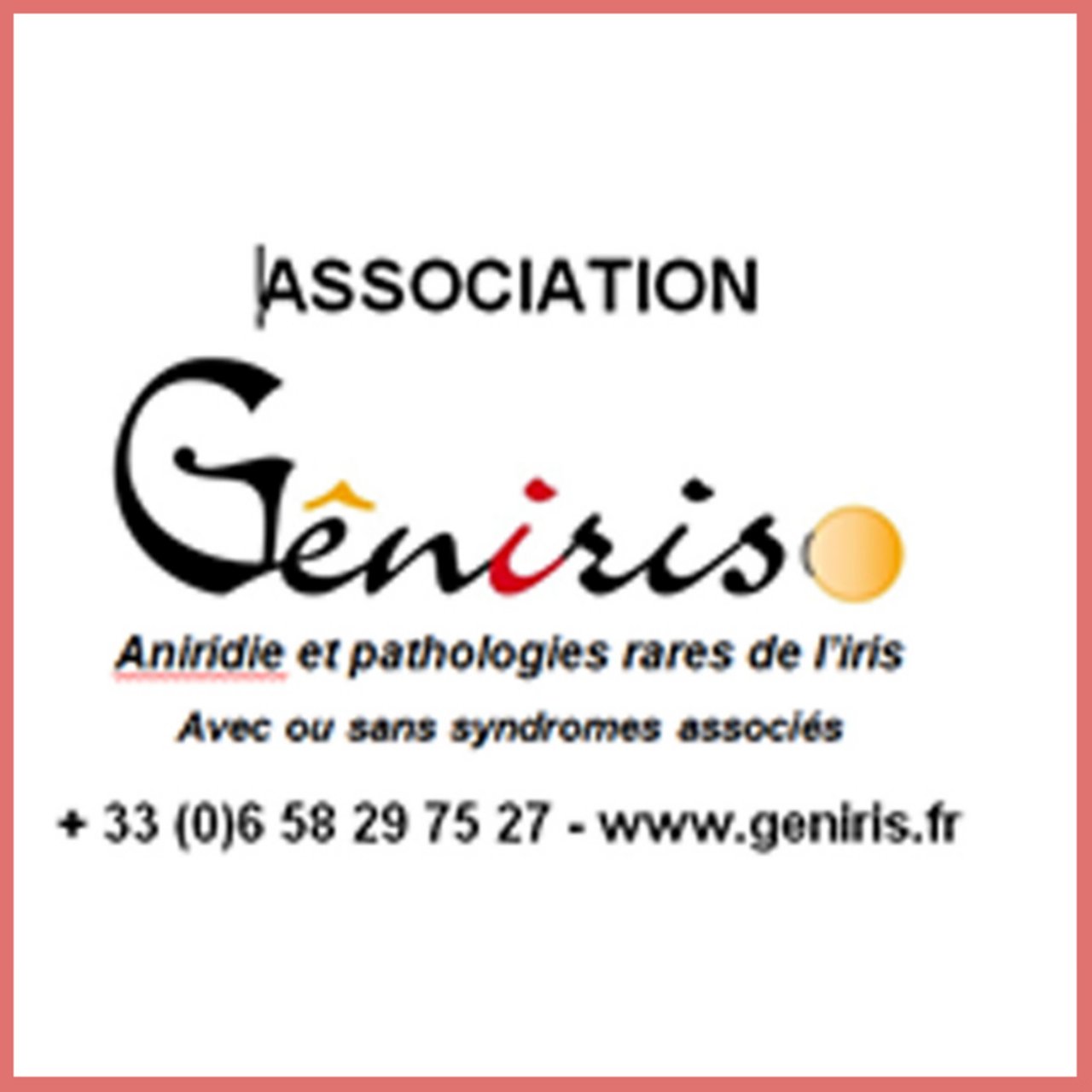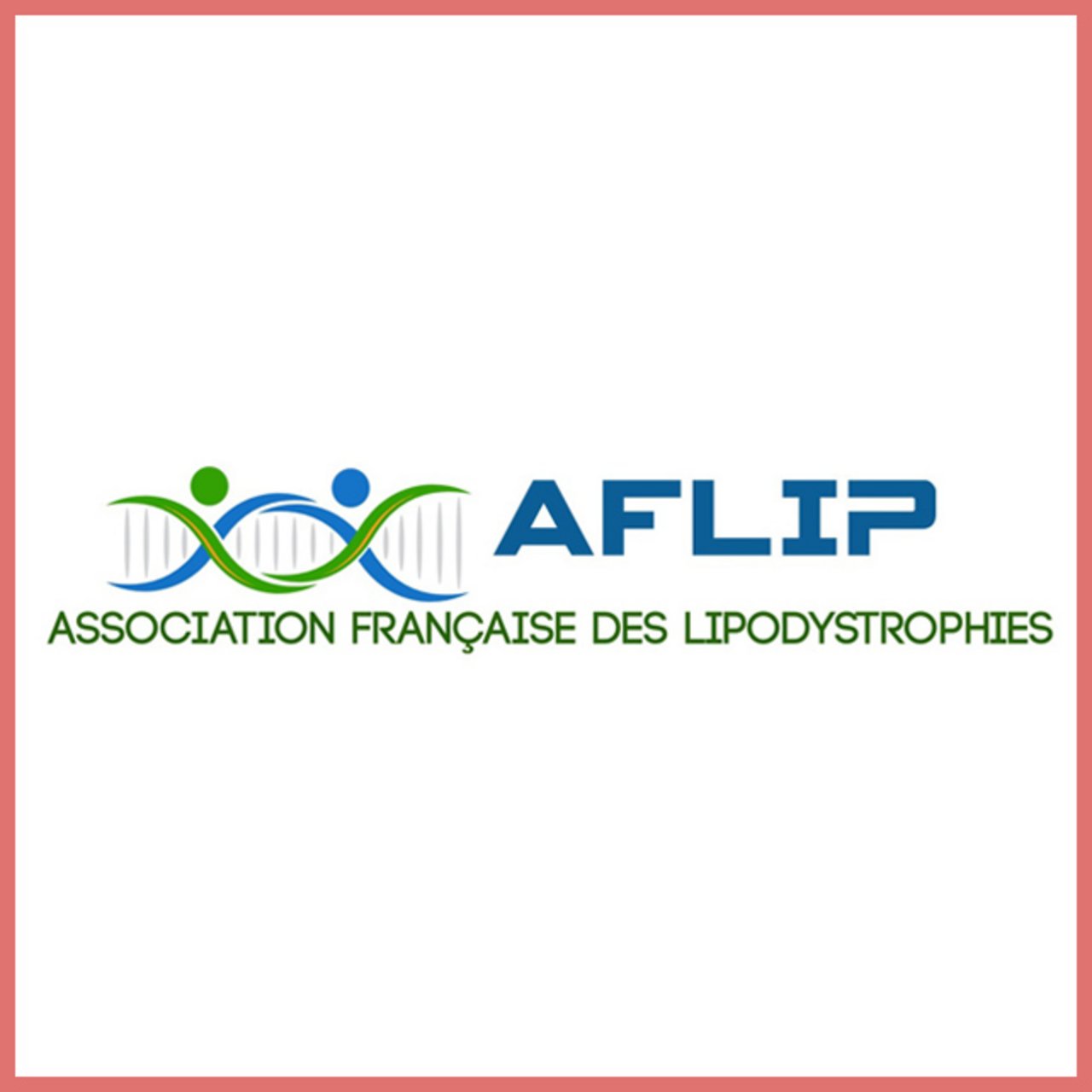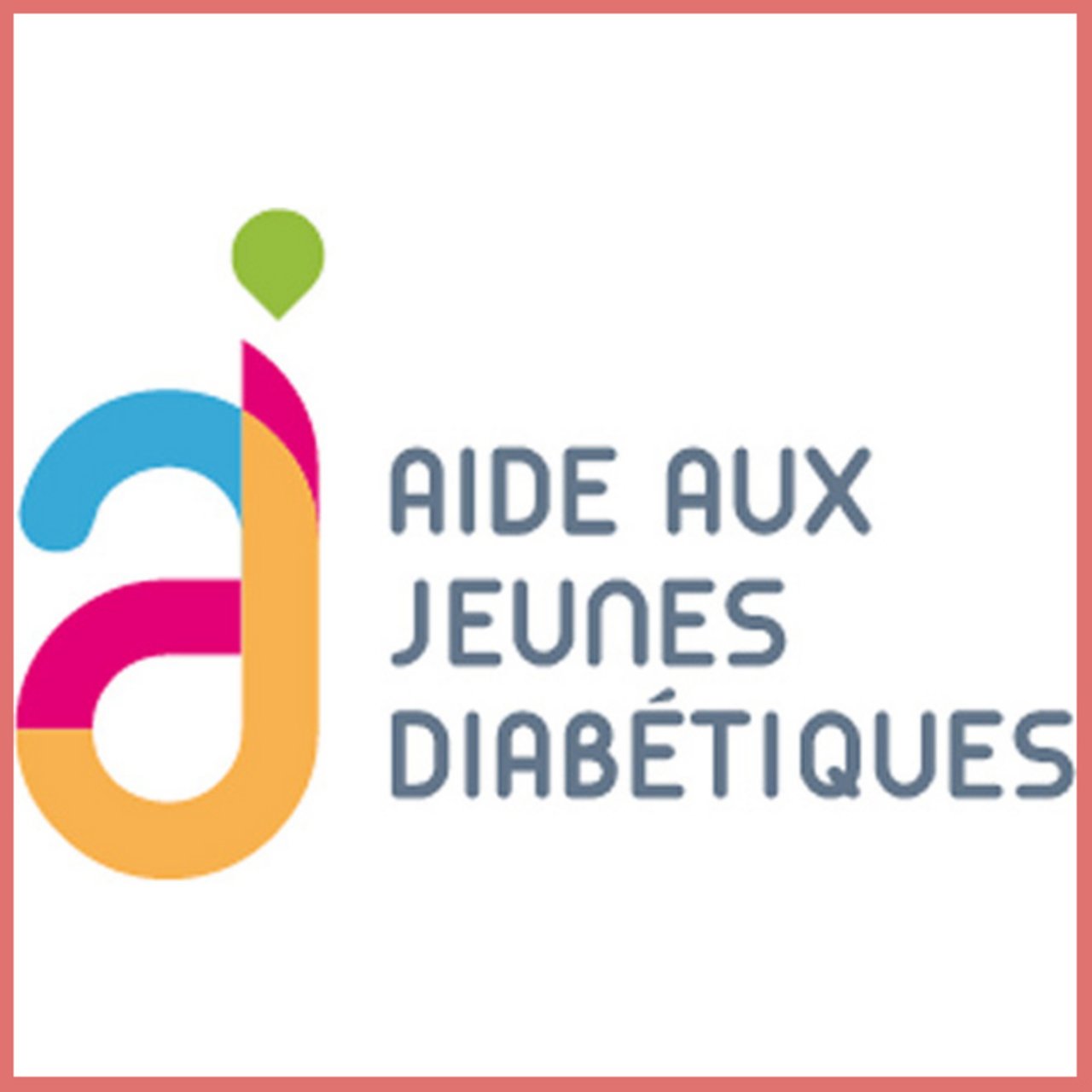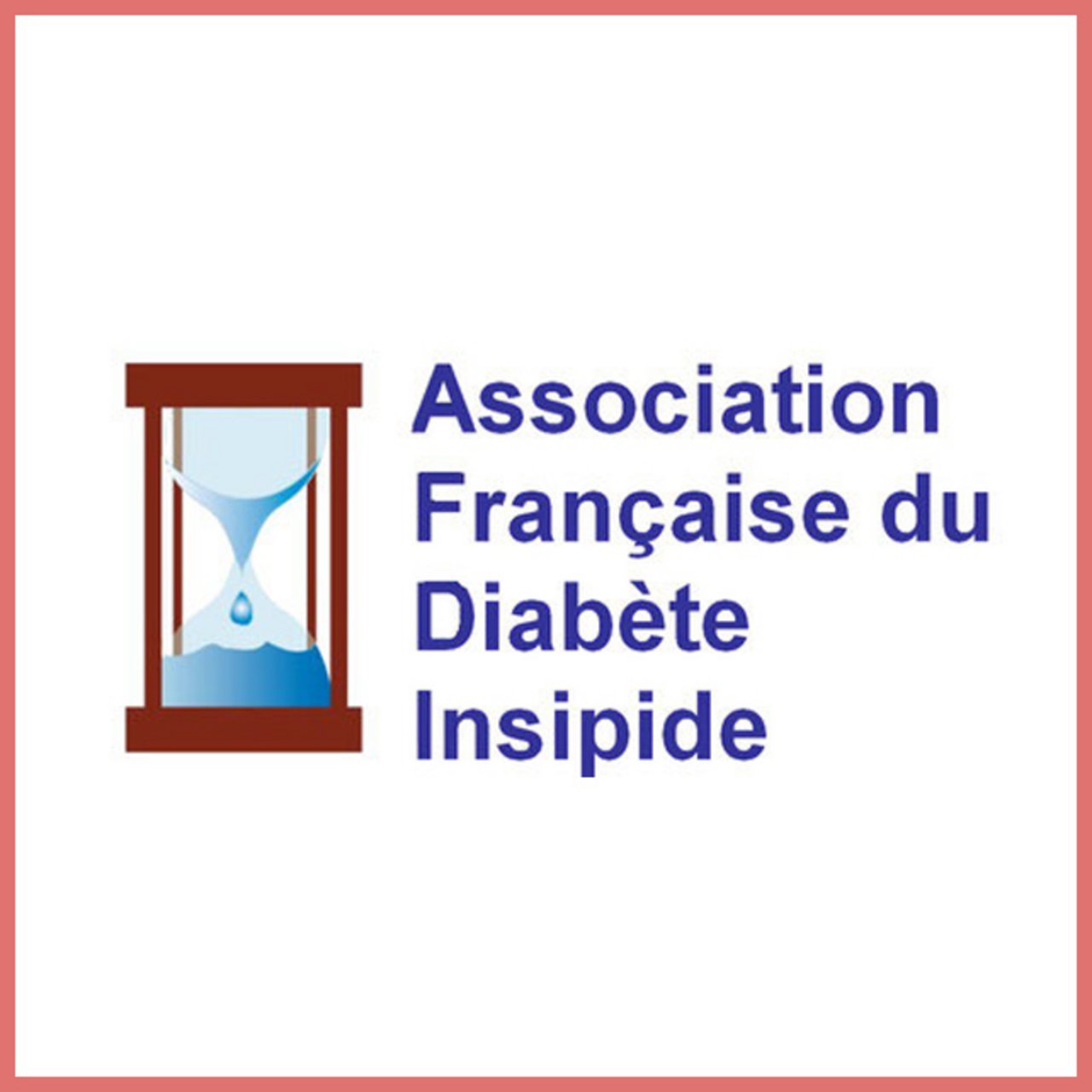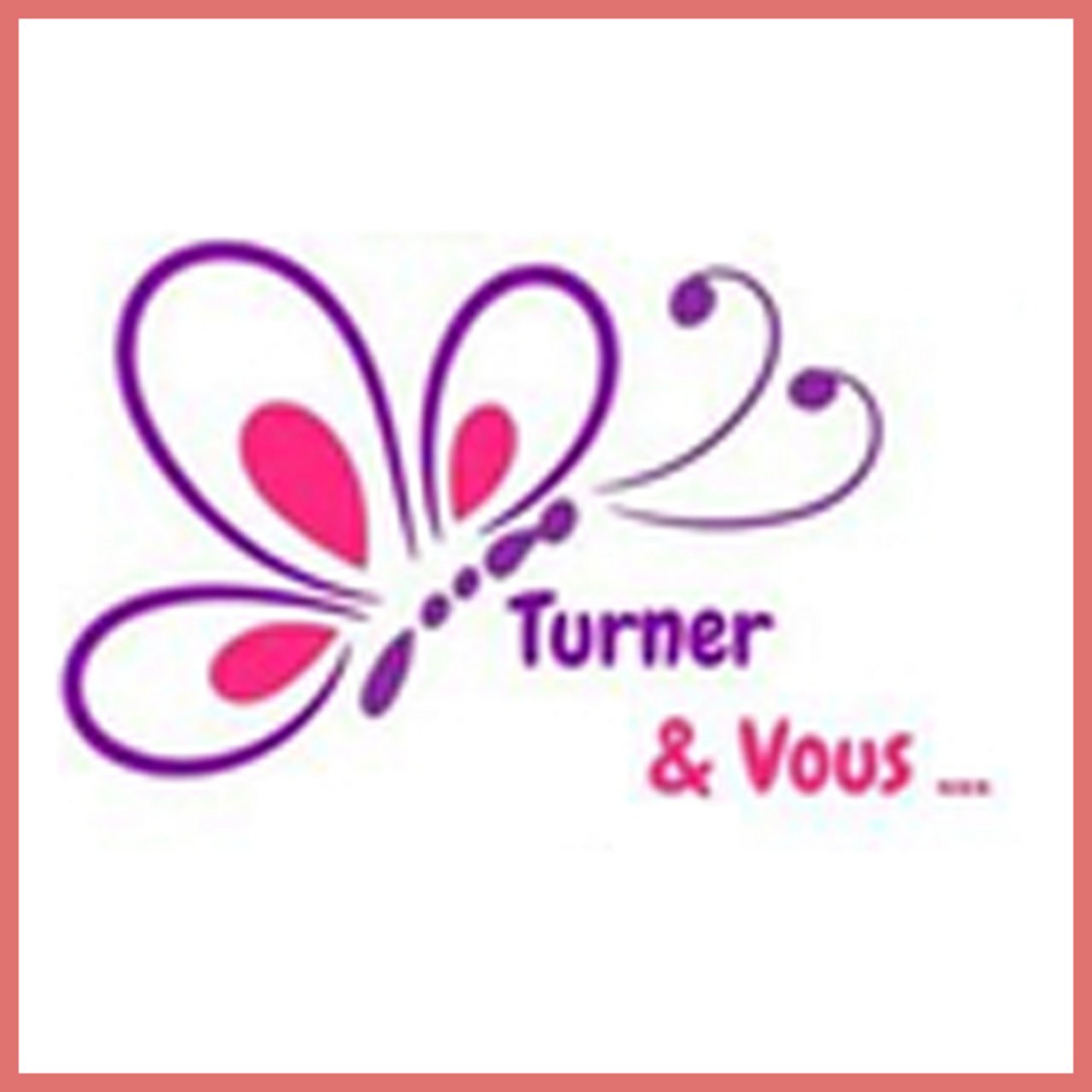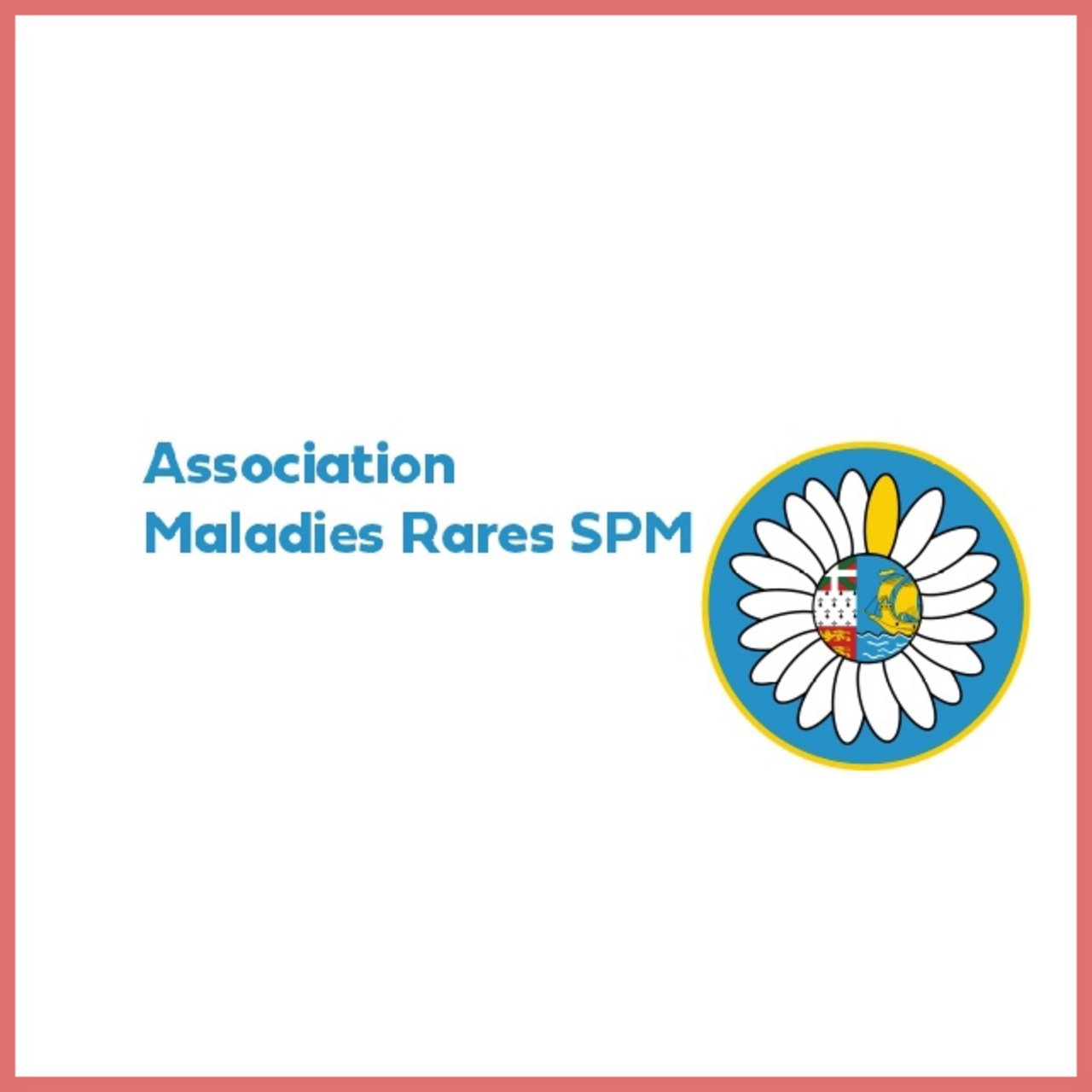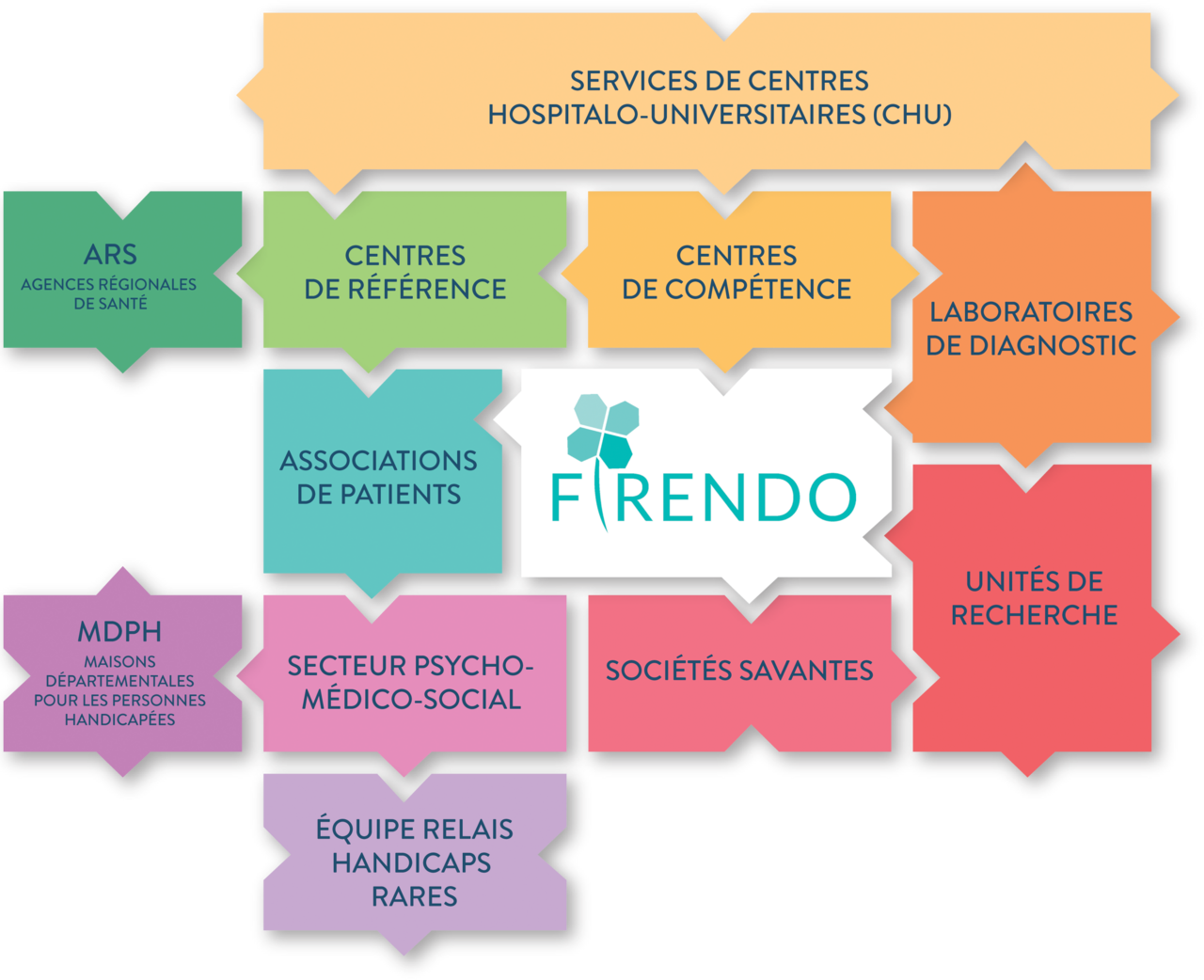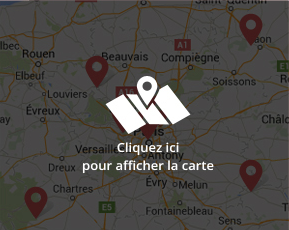Who are we ?
 Reference centres
Reference centres
Each reference centre has expertise in one (or one group of) rare disease(s). The teams are made up of doctors, nurses, psychologists and social workers. They can also include clinical research associates, genetic consultants, dieticians, occupational therapists, physiotherapists, educators...The reference centre coordinator is one of the team doctors. A reference centre can be made up of several different sites within the hospitals of the same town, or even from different towns (multi-site centre). The different sites belonging to the same centre each have their own local coordinator.
For the full list of Reference Centres and their affiliated departments belonging to the FIRENDO network, tick "CRMR : Reference Centres" in our Interactive directory then click on “Find”.
Go to Interactive Directory
 Centres of competence
Centres of competence
Centres of competence are facilities which have sufficiently wide clinical expertise to cover a whole group of rare diseases. Their main mission is to provide patients with local healthcare. They coordinate the patient’s healthcare pathway with the corresponding reference centre while remaining close to the patient. They also participate in research and training activities for rare diseases. The same centre of competence may include an adult and a paediatric department. Thus the continuity of care is fully ensured from childhood to adulthood by all of the centres of expertise.

To find all of the Centres of Competence for rare diseases belonging to the FIRENDO network : visit our Interactive Directory, tick CCMR: Centres of competence and click on Find.
Go to Interactive Directory
 Diagnostic laboratories
Diagnostic laboratories
The FIRENDO network includes two types of diagnostic laboratories:
- 33 laboratories for hormone measurement.
Linked to centres of expertise, they have specific expertise in hormone measurement for rare diseases. This type of diagnostic laboratory is an evident specificity of the rare endocrine disease network FIRENDO.
- 32 laboratories for molecular genetics.
It has been globally estimated that 80% of rare diseases have a genetic component. The French Ministry of Health has certified 53 French genetic testing laboratories for their expertise in rare diseases. Each laboratory has developed a battery of tests to diagnose several rare diseases of genetic origin. This specialization has given rise to 13 sub-networks, one of which contains 28 laboratories implicated in the diagnosis of rare endocrine diseases of genetic origin.
To find all of the diagnostic laboratories for the FIRENDO network, tick the box Genetic Testing Laboratory or the box Hormone Testing Laboratory in our Interactive Directory.
Go to Interactive Directory
 Research teams
Research teams
The academic research teams of FIRENDO are affiliated to French national organisations (Institut National de la Santé et de la Recherche Médicale (INSERM), Centre National de la Recherche Scientifique (CNRS), the Comité d'Énergie Atomique (CEA)), and / or to Universities.
The objectives of their scientific projects are the following :
[Translate to English:] Recherche
To find all of our research teams, partners of the FIRENDO network : go to our Interactive Directory, tick Research teams and click on Find.
Go to Interactive Directory
 Patient organizations
Patient organizations
In 2018, the FIRENDO network included 18 patient associations. They speak on behalf of the patients and their impetus brings the different actors mentioned above even closer together.
Among them we can find associations grouped around one rare disease but also associations for more frequent or chronic diseases, which have rare impacts on the endocrine system.
A majority of these member patient organizations belong to the collective Alliance Maladies Rare (Rare Disease Alliance). This is a loi 1901 association, which heads the 202 rare disease patient associations. Isolated patients and their families, who do not belong to any particular association, can connect and communicate thanks to the Alliance. It represents nearly 2 million patients and approximately 2 000 rare diseases.
To find contacts and regional representatives of patient associations for rare endocrine diseases : go to our interactive Directory, tick Patient Associations and click on Find.
Go to Interactive Directory
 Learned societies
Learned societies
To find all of the learned societies which are partners of the FIRENDO network : go to our Interactive Directory, tick Learned societies and click on Find.
Go to Interactive DirectoryMedico-social sector
Other actors of the medico-social sector interact with FIRENDO to ensure better care for rare endocrine diseases :
- The Caisse Nationale de Solidarité pour l’Autonomie (CNSA ) (French national solidarity fund for independance), an organisation which finances the 131 Maisons départementales des personnes handicapées (MDPH) (Departmental Homes for the Disabled).
They are local meeting places for all recognition of a disability, which may result from a rare endocrine disease. These homes for the disabled must remain closely linked to the centres of reference and expertise in order to adapt their care specifically to the rare disease.
- The Équipes Relais Handicap Rare (ERHR) (Relay Teams for Rare Handicaps) are regional. These facilities were created recently in order to care for extremely complex handicaps. They also complete the activity of the Departmental Homes for the Disabled in relation to the multiple consequences of rare diseases.


